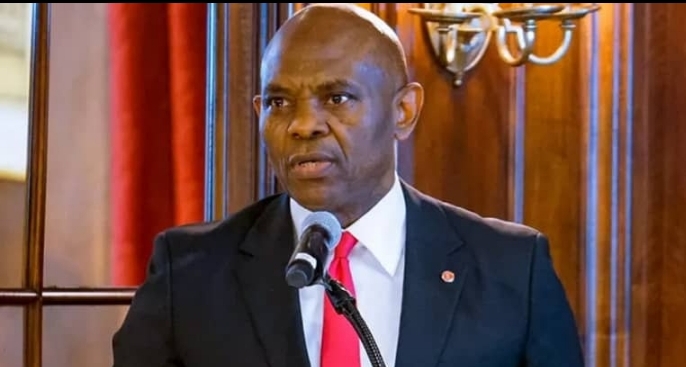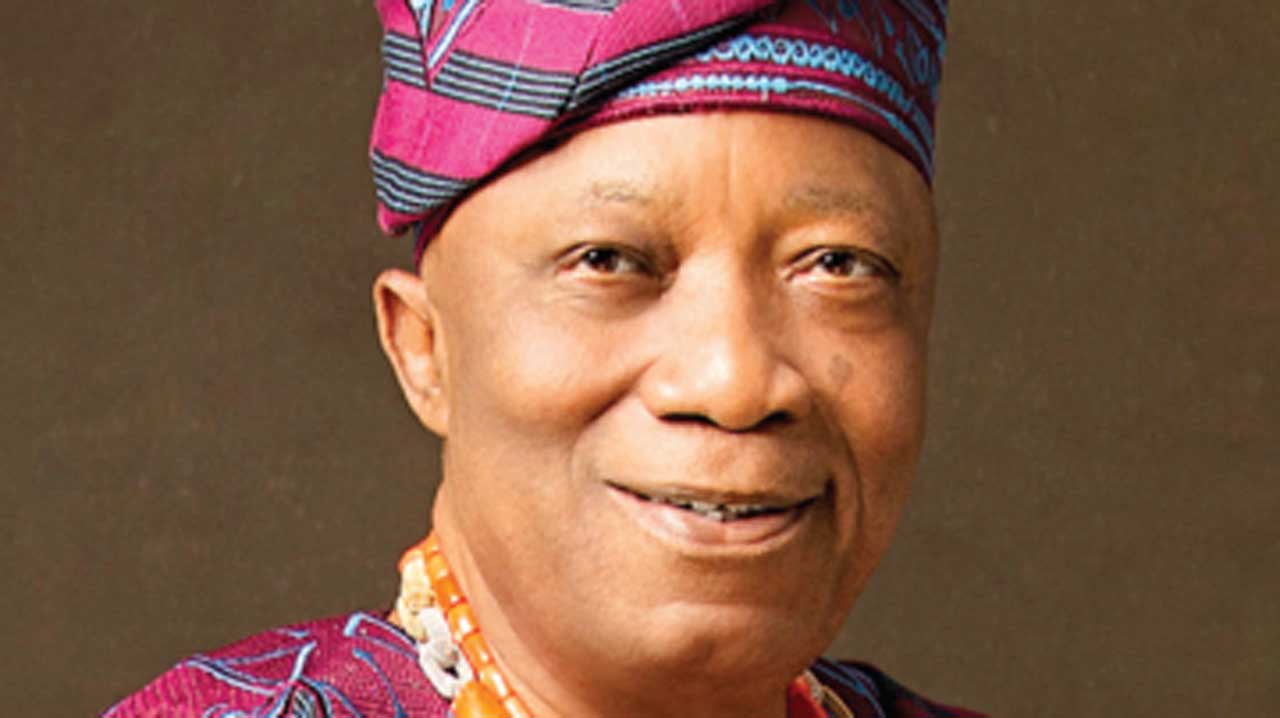The National Identity Management Commission (NIMC) had issued 124 million National Identity Numbers (NIN) to eligible Nigerians, including those in the diaspora, as of October.
This was disclosed in Abuja by the Deputy Director/Head, Strategy and Programme Officer, NIMC, Alvan Ikoku, when he facilitated a session for the 2025 Fellows of the DPI/DPG journalism fellowship organised by the Media Foundation for West Africa (MFWA).
Ikoku, who said there has been tremendous progress in terms of enrolment, revealed that as of 2000, NIN was around 14 million, it rose to 28 million in 2015, and increased to 114 million in 2024. And as of October 2025, it rose to 124 million.
Of the 124 million, NIMC has issued 69.7 million (56.25 per cent) of the NINs to men, while women got 54.2 million (43.7 per cent).
Further analysis of the data showed that Lagos State leads the top 10 states with the highest issued NINs at 13.1 million, where 7.14 million have been given to men and 5.9 million to women. Kano ranked second with 11.5 million NINs (4.9 million to females and 6.6 million to males). Kaduna is third with 7.3 million NINs; Ogun, 5.12 million; Oyo, 4.7 million; Katsina, 4.21 million; Abuja, 4 million; Rivers, 3.6 million; Delta, 3.37 million and Bauchi, 3.22 million respectively.
The bottom 10, which are states with the fewest issued NINs, are Kwara, 2.1 million; Imo, 2.1 million; Yobe, 2.09 million; Enugu, 2.01 million; Kogi, 1.95 million; Taraba, 1.8 million; Cross River, 1.42 million; Ekiti, 1.16 million; Ebonyi, 1.03 million and Bayelsa, 803,874.
According to NIMC, Diaspora enrolment showed that 1.53 million NINs have been issued, with the larger chunk going to men (953,952) and women (584,630).
Speaking on harmonisation of disparate data, Ikoku said the absence of interagency collaboration has been a major challenge slowing the process.
According to him, some of these institutions’ internal constitutions need to be amended to enable and fast-track harmonisation, “and that is one thing that has slowed the process, but I will say work is seriously ongoing to ensure integration and harmonisation.”
Ikoku said data aggregation and harmonisation, which will include NIN enrolment data, would include the voters’ register, drivers’ licence, SIM register, passport register and BVN data from banks to enable the country to have a National Identity Database.
He revealed that NIMC is in full collaboration with the Nigeria Immigration Service (NIS) for the mandatory use of NIN for passport issuance. He added that NIMC is at various levels of engagement with over 100 ministries, departments and agencies (MDAs), state governments and agencies.
According to him, several challenges still confront the Commission and, indeed, identity management in the country. These, according to him, include resource constraints (limited funding and resources hinder efforts to expand services, improve infrastructure and invest in technology upgrades).
Others are infrastructure constraints, identity enrolment perception, interoperability challenges, and limited public awareness and education.
Speaking on NIMC plans over the next 12 months, the NIMC chief said the Commission will upgrade the ABIS capacity to 250 million, redesign NIMC 2.0, and create the foundation for the Nigeria Stack.
He said the Commission will take mobile enrolment to hard-to-reach rural areas, IDP camps and correctional centres. The NIMC will also implement THE PKI for the country.
Ikoku also said the Commission will introduce the General Multi-Purpose cards, whose use cases include financial inclusion, social care, travel and others.






